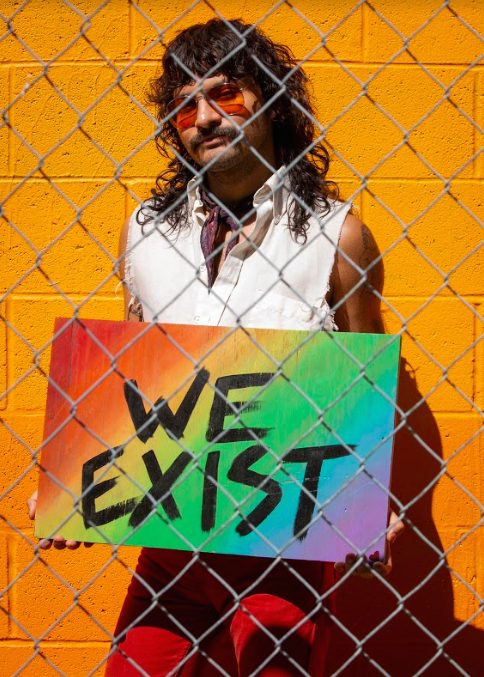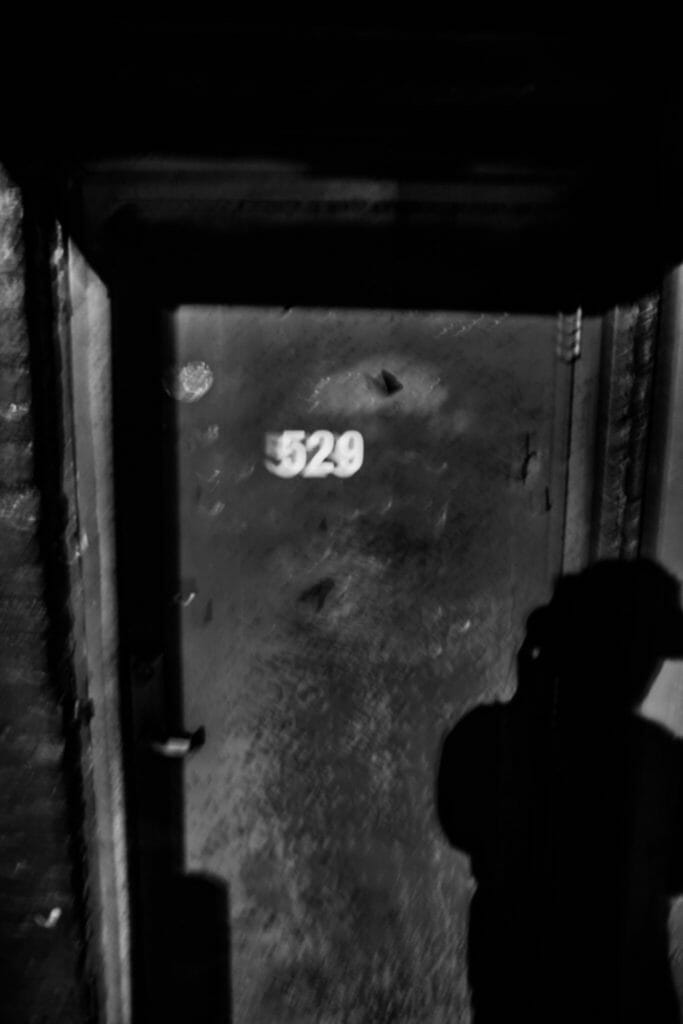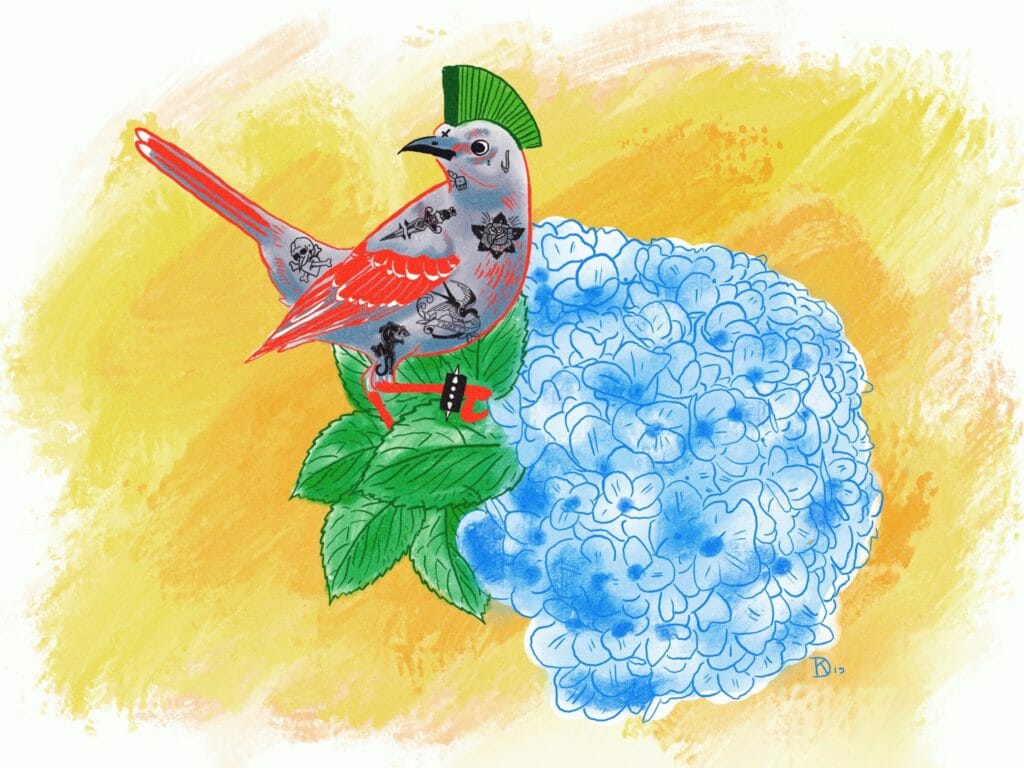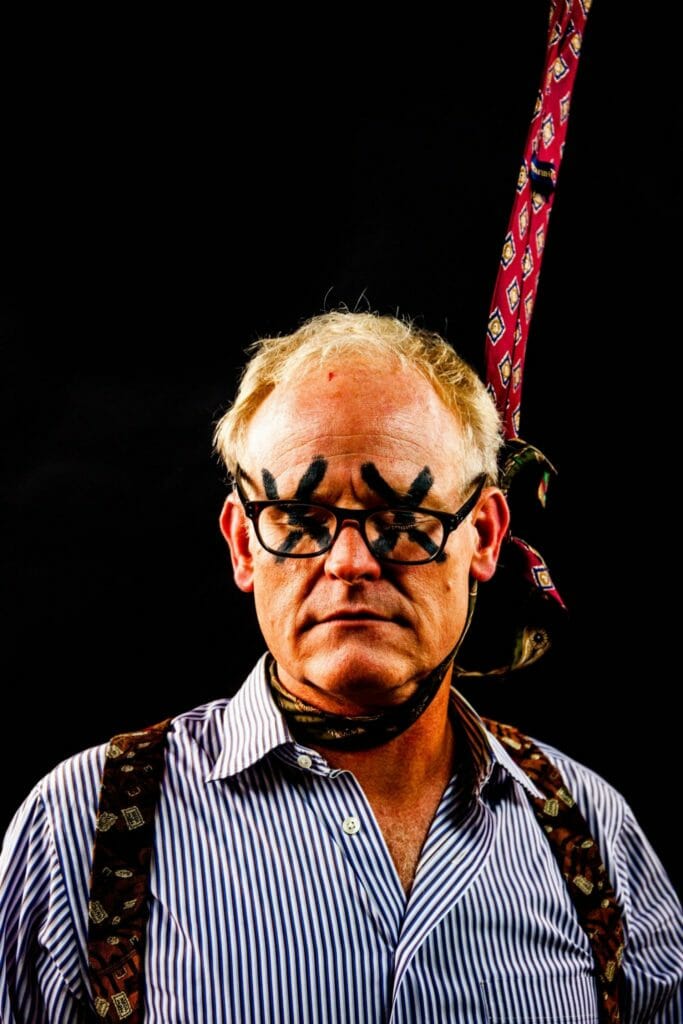
Originally published in Atlanta Pride Guide, October 2019.
Attention, brothers and sisters: we have a crisis.
I write this over 50 years since the revolutionary Stonewall uprising: a milestone that sparked a movement that fights to ensure no one would endure shame, stigma, or isolation as a result of who they are. Yet at the same time, I am writing this the year in which less than two weeks after we celebrated this milestone, our sitting president announced his decision to “round up” and deport millions of people who come to this country to seek a safer, more peaceful life. Gay liberation was lit on June 28, 1969, but that fire needs to be fanned once again.
Gay liberation was lit on June 28, 1969,
but that fire needs to be fanned once again.
“I’m angry. Honestly, anyone whose answer isn’t the same can kick rocks,” says Kenneth Figueroa, 29, a member of our community and organizer of Choloteca, a party that creates spaces for all Latinx identities to feel accepted, valued, and empowered. Kenneth’s parents immigrated here from Lima, Peru, and he is the first generation of his family to be born in the U.S. “[They were literally] led blind to the next stop along the border and had to endure the strangest and most extreme circumstances to get to the checkpoint. My reality was shattered as to the true experience of being an immigrant. My parents worked very hard to make sure we didn’t have the same experience. They made it and thrived, even if it wasn’t the true ‘American dream’ model.”
Since Trump waltzed his way into the White House, countless assaults have been made on human rights in the form of anti-immigration orders and policies. It appears that in the U.S., if you’re undocumented, you’re essentially not entitled to human rights—at least not in the eyes of this administration.
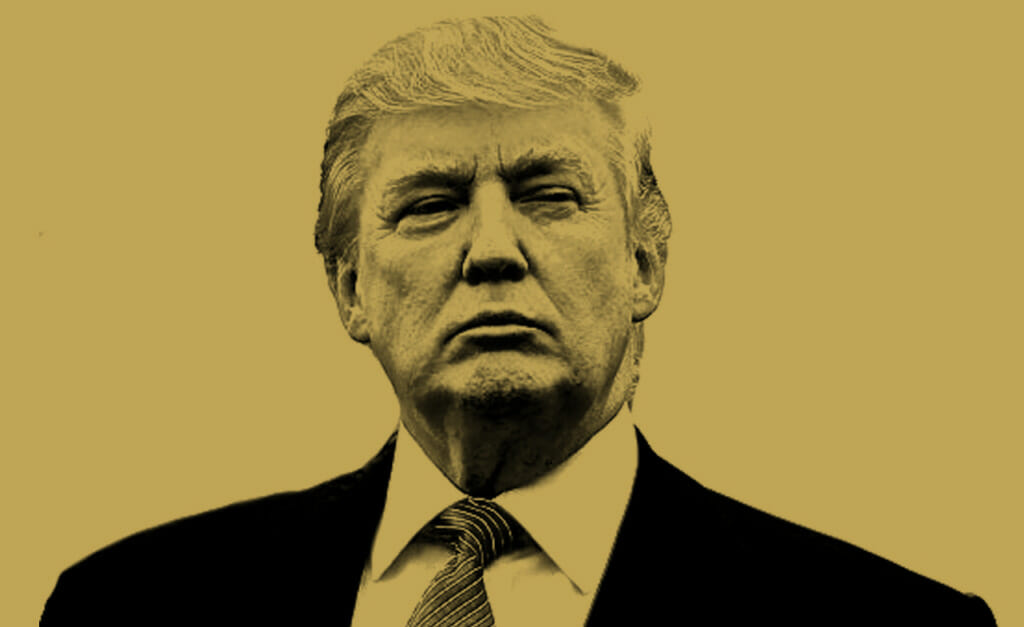
While immigration and LGBTQ issues may appear to be separate concerns, they are not. However, in LGBTQ conversations, immigrants tend to arrive as an afterthought, and vice versa. But let it be known that the fight for human rights in any sense is inseparable from the LGBTQ movement.
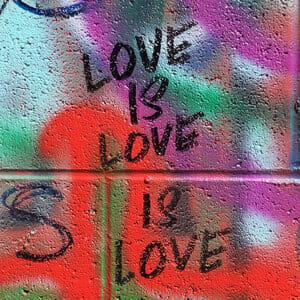
Those detained by ICE are demoralized, harassed, shamed, and tormented. As more anti-immigration orders continue—allowing for more ICE raids, the creation of more detention centers and indefinite detention, separating thousands upon thousands of families, throwing children in cages, and inflicting other crimes against humanity that we can not yet see—it appears American democracy is still mired in hypocrisy and violence. If you don’t think so, let me refresh you on what it was like in America before Stonewall.
During the ‘50s and ‘60s, homosexuality was illegal in 49 states. Punishment varied across state lines, ranging from heavy fines to imprisonment. Our community experienced violence, harassment, and discrimination from the police and the general population on a daily basis. LGBTQ people lost their jobs, were exiled from their families and communities, and experienced ridicule, physical danger, shame, and even death at the expense of coming out. Trans and gender non-conforming folx were especially targeted and could even be arrested for not wearing what the police deemed “gender-appropriate” clothing. It was expected for LGBTQ people to be detained for who they were and who they were themselves with.
“LGBTQ people in the global south have had a much more violent history and it still exists to this day. Let that reality set in and then trying to cross the border doesn’t seem crazy; it’s the only option.”
Today, there are still 71 countries in which it is illegal and unsafe to be LGBTQ. Understand that in 2019, “deportation” for an LGBTQ immigrant might as well translate to “death sentence.”
“LGBTQ people in the global south have had a much more violent history and it still exists to this day,” Kenneth points out. “Let that reality set in and then trying to cross the border doesn’t seem crazy; it’s the only option.”
Today, our bones shudder with stories and images of children in cages and other monstrosities. How many of these children are LGBTQ? How many immigrants are closeting themselves to protect themselves from more harm? How many are out and enduring the inevitable torment that comes along with being LGBTQ while in U.S. custody? While the popular story isn’t about queer immigrants, we should not for a second ignore the reality that there are many, many LGBTQ people suffering. What’s worse is that these injustices are almost completely hidden, staying buried in camps we cannot see. To every part of our community: we have to keep those at this intersection at the forefront of these conversations and create spaces that show they exist.

“Look beyond what has been the status quo of [this] festival for past decades,” adds Kenneth. “I’ve seen a lot of progression, but now is the time to truly speak up and speak out. You cannot teeter on the air of neutrality any longer to make it more palatable for people who don’t live with the daily trauma this political landscape has created for others. Subtlety works for cruising, not for changing the political realities of undocumented folks. Drive those stories forward and vow to protect the people who own them. Our stories are valuable. Our perspective is valuable. We are valuable.”
For some, our “passing privilege” (like myself—I am of Hispanic origin, but I pass as white) won’t even let us begin to think about what this threat really means to many individuals in our community. But we do know that until we are all free, none of us are.
This crisis alongside our celebration of Stonewall reminds us that the fight for freedom and against oppression is not over. When it comes to immigration, color us all affected and let the endless love, beauty, and support that flow through this community be channeled into the spaces that need it now more than ever. Celebrate today, honor our heroes, and above all else, be good to each other. But let this celebration also be one of revamping the discourse.
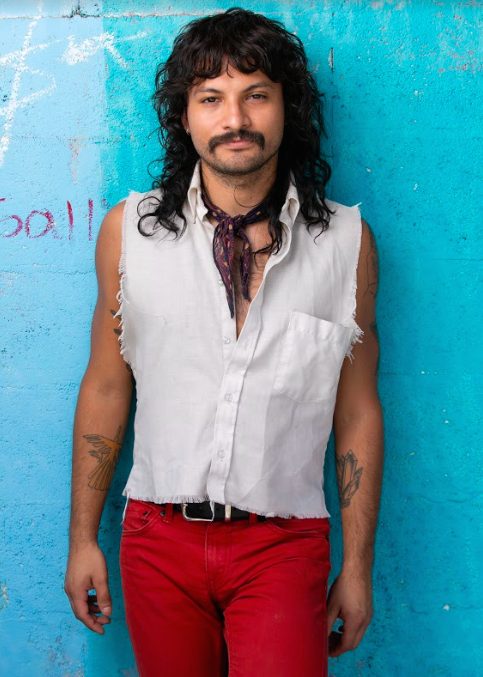
“Obviously every kind of person can be more inclusive or human to immigrants than they are, even if it’s in the way you talk about the subject,” explains Kenneth. “I think intersectionality is the most important thing. We are stronger when we are the sum of our parts. If you are both of these things and are able to separate them from each other, I don’t know whether to be jealous of you or sad for you. For me personally, I’m a queer person who is the son of immigrants. Those two things give me so much strength that I won’t allow anyone to ever not know about me. One can’t be free without the other. We live off resilience and hope. We are unstoppable, even when you try your hardest to defeat us. Fight for each other and with each other.”
True freedom and equality is not selective. It is for everyone or it is for no one—which way will it be? To borrow words from the transcendent Sylvia Rivera: we shall not be known to put up with this shit.

